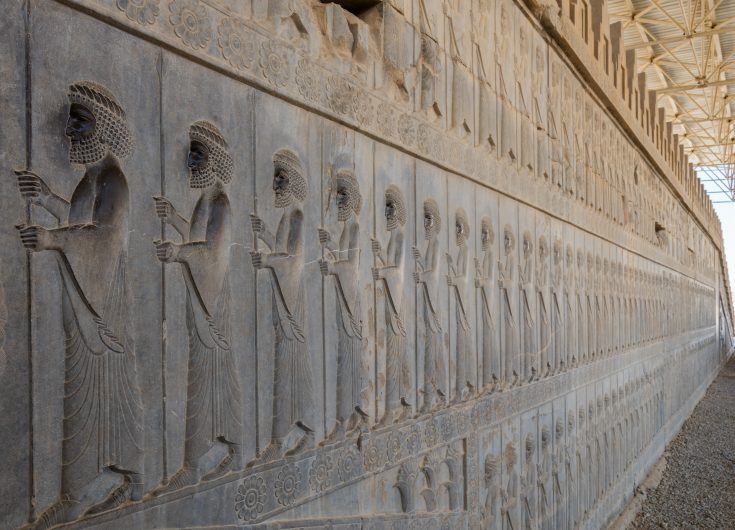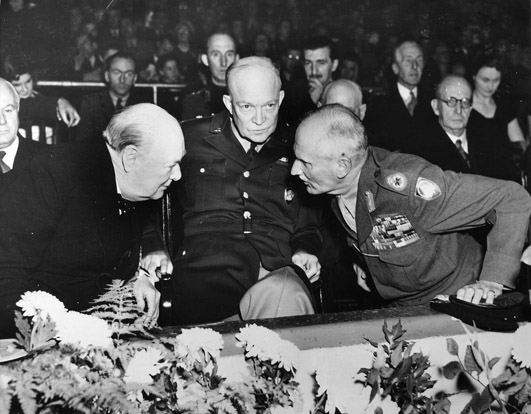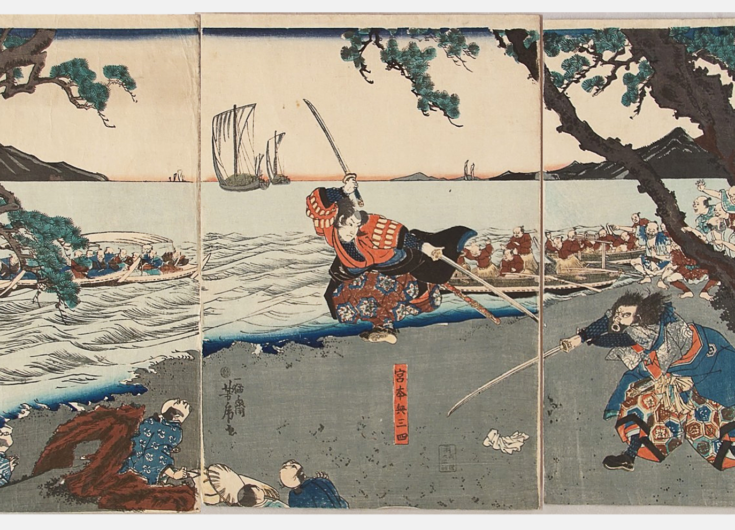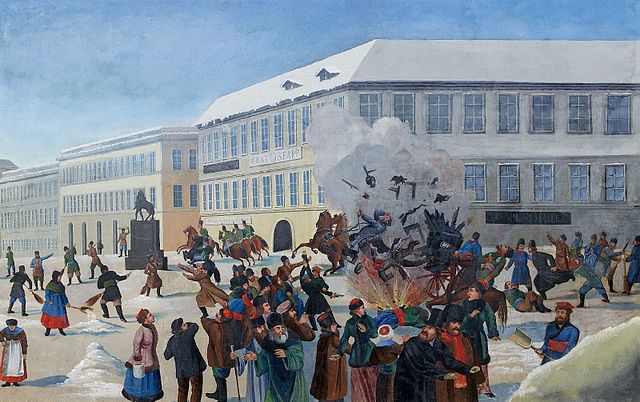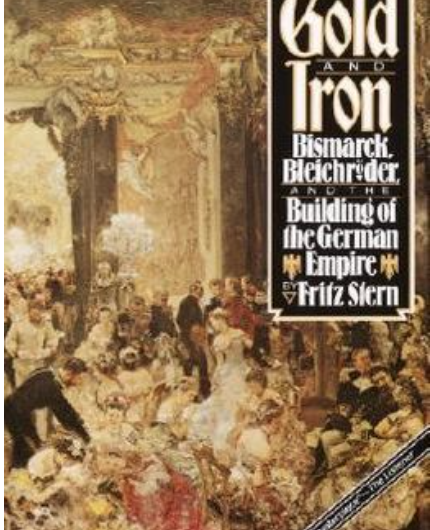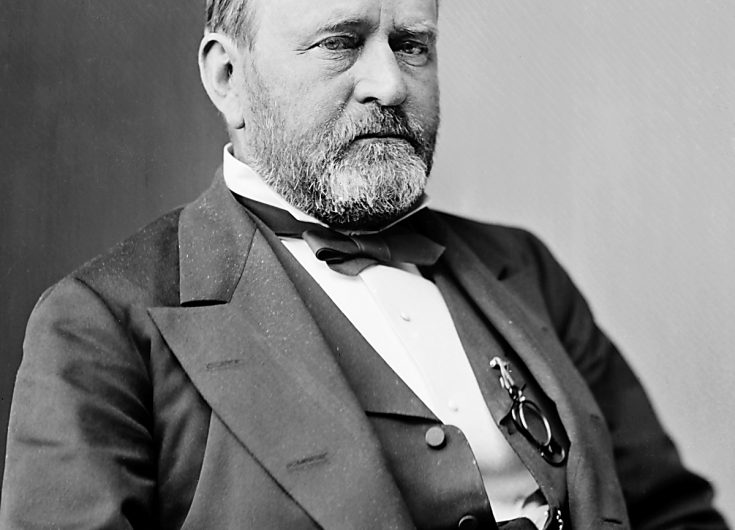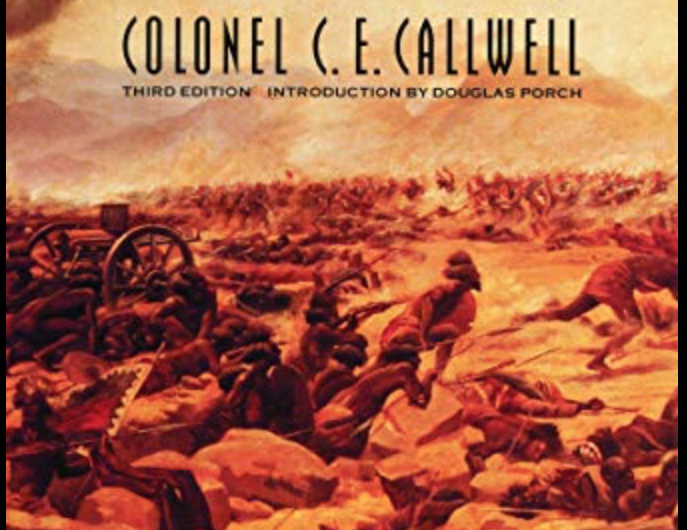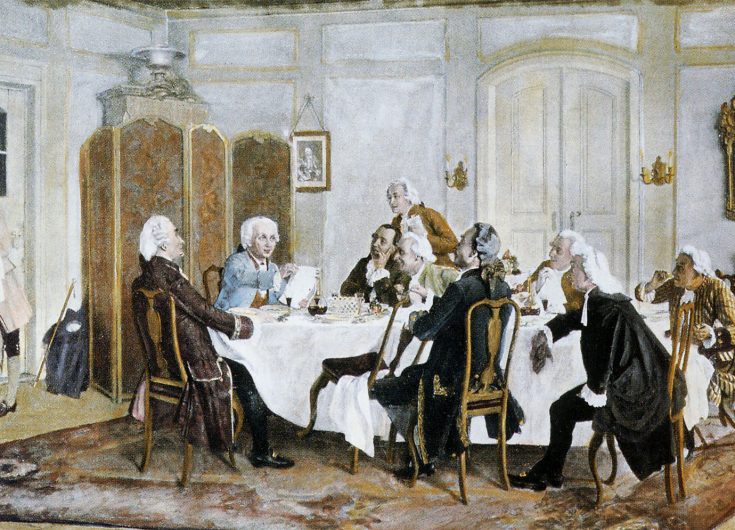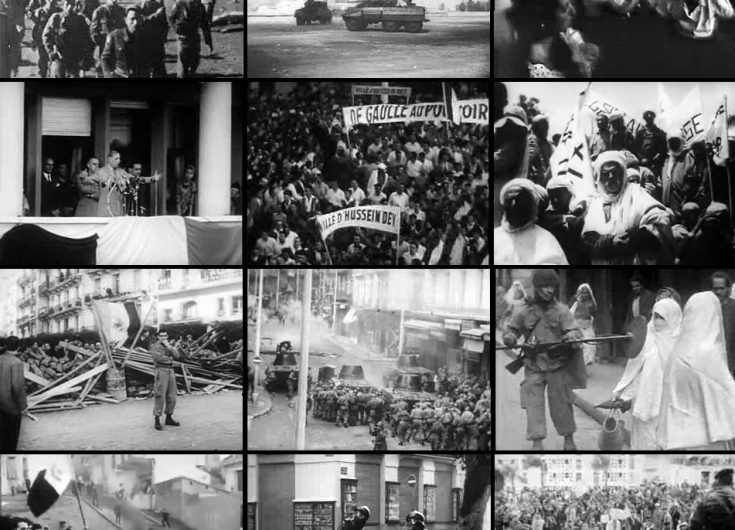May 19, 2022
Musashi’s main contention in the Book of Five Rings is that the secrets of the ultimate style of successful samurai swordsmanship contain the secrets to success in warfare itself. Therefore, a revelation of such secrets is as important to the front-line combatant on the ground, as it is to the commander and to the planner(s). My argument is, in turn, that Musashi’s equation of perfection in the Way of combat strategy, to perfection in any Way (tradecraft, art, or profession) means that Musashi’s manuscript was intended to transcend its immediate reception. If such an argument were to be accepted as a premise, one may partially begin to comprehend how Musashi’s work has ended up being read by students of any competitive discipline, indeed utterly transcending the time and the space which gave birth to it.
Miyamoto Musashi (1582-1645) is considered Japan’s greatest swordsman—and perhaps one of the most famous swordsmen anywhere. He was born in Harima’s Yonedamura Village as the second son of Tabaru Iesada. At some point in the late 1580s, Miyamoto Munisai of Mimasaka adopted the young Musashi. Musashi lived a considerably long life, becoming supremely accomplished in all aspects of the world of a bushi or warrior. In 1643, he began writing the manuscripts of the Five Rings. He died on the nineteenth day of the fifth month of the very year in which he passed the aforementioned manuscripts to his student Terao Magonojo. With both folklore and popular culture elevating his story to legend status, Musashi epitomizes the ideal of the warrior-scholar of late feudal, pre-modern Japan.
